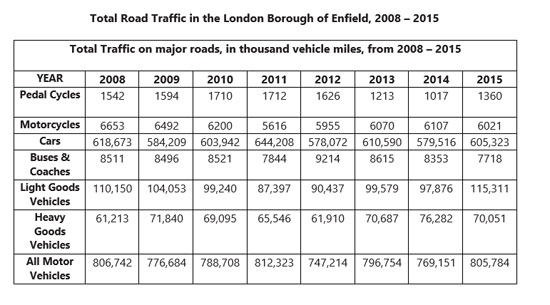Imagine for a minute that on your test day, this Writing Task 1 topic lands on your desk:
You recently received a letter from your bank that should have contained a new credit card. Unfortunately, the card was not in the letter. Write a letter to your bank manager.
In your letter,
– explain what has happened
– suggest the credit card should be cancelled for security reasons
– ask when a new credit card can be sent to you.
How do you write a high-scoring response? Here is what’s important:
1. Write about ALL the bullet points
In the task prompt you’re being asked to explain what happened, suggest that the card should be cancelled and ask for a new card. If you were to forget to ask for a new card in your letter, you would never get a high score for it, even if everything else was perfect. A mistake like that would drop your score for Task Achievement to Band 5, and even with Band 7 for the other criteria, your overall score would be just Band 6.5.
2. Choose the right tone – and maintain it
To know what the right tone is, you need to understand whether this letter should be formal or informal. A formal letter is one that you’re writing to a person you don’t know, or don’t know well. A good example of a person you don’t know would be a manager of a company you never met, an employee at the bank or a newsletter editor. A person you don’t know well can be your landlord – you know their name, but you haven’t met more than a couple of times. It can also be your less-than-friendly neighbour, your boss or your travel agent. A letter to such person should have a formal tone, whereas a letter to a friend should be informal.
What makes the difference between a formal and an informal letter? The main thing is the vocabulary you use. Some words or expressions that you would use in a letter to a friend aren’t appropriate to use in a letter to your boss – makes sense, right? Compare the two sentences below:
Informal: “My workmate was so cross with me, he wouldn’t even speak to me.”
Formal: “My colleague was frustrated with my behaviour to the extent that all communication between us stopped”.
Another important rule is to maintain the right tone throughout the entire letter. It is enough to accidentally slip a few informal words into a formal letter to ruin the right tone, and that reveals to the examiner that you don’t really know the difference between formal and informal vocabulary.
3. Use paragraphing
By using paragraphing you’re doing yourself a favour just as much as pleasing the examiner. With paragraphing is it easier to avoid off-topic pieces of content. Since every paragraph should only have ONE main idea, by dedicating a separate paragraph to every bullet point you are making sure you covered them all, and it’s easier for you to stay on the same topic for the duration of that paragraph.
According to the Writing Task 1 Band Descriptors, it is impossible to get Band 8 for Coherence and Cohesion if you’re not using paragraphing correctly, so if you’re aiming at Band 8+, paragraphing is a must.
4. Sign off correctly
The way you sign off on your letter matters. A letter to a friend can be signed off with “Love, Richard”, “Hugs, Jennifer” or “Take care, Tom”. A letter to someone you don’t know should be signed off with “Yours faithfully” and a letter to someone whose name you know should be signed off with “Yours sincerely”.
Are you ready for the model response? Here it comes:
Model Answer
Dear Sir / Madam,
I recently requested a new credit card, as my old one was stolen during a holiday abroad. Even though the letter usually containing the credit card and its respective access information arrived on time, the credit card was missing and I would like to report this to you.
When the letter arrived, no visible signs were evident that the letter had been opened, but when I inspected the letterhead closely, there were small scratches that could indicate tampering. I believe that for security reasons this newly requested credit card should be cancelled immediately in order to avoid any criminal use. It may have been a technical issue, but it is also possible that a thief was responsible.
Lastly, I would like to know when a new credit card will be sent to me, as I will be going on a business trip in the near future and need it urgently.
Yours faithfully,
Robert Bolton
https://ift.tt/yp2s3Sm
from IELTS-Blog https://ift.tt/TA84M0z
via
IFTTT
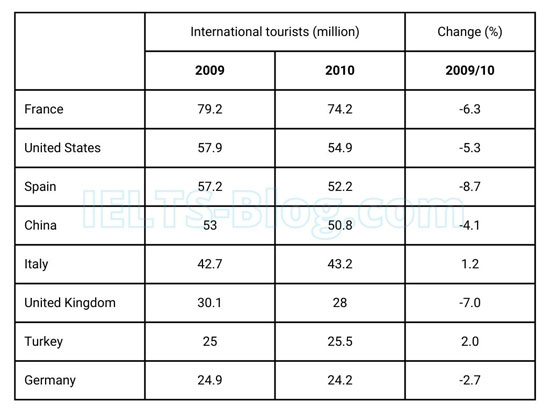
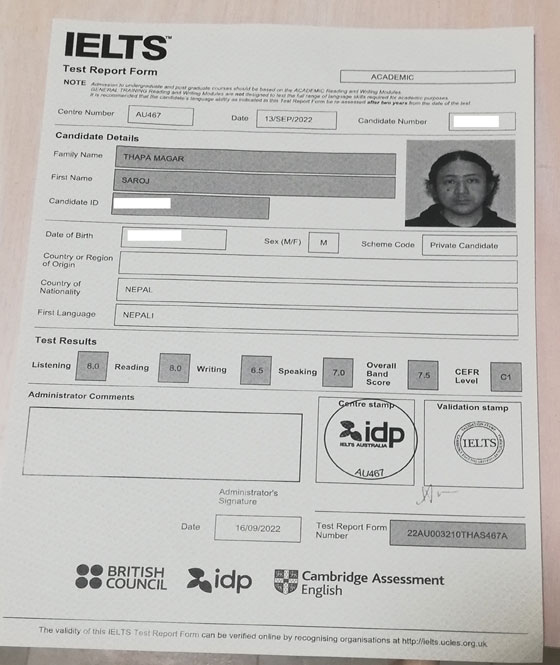
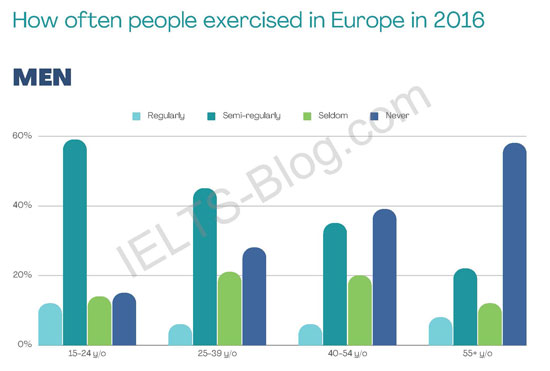
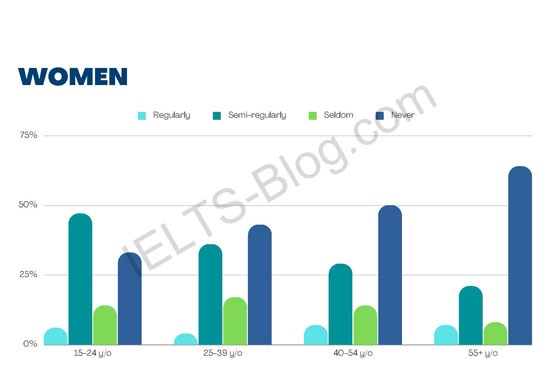
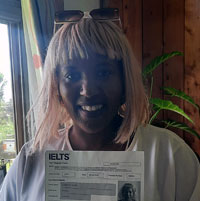 Amanda used the book
Amanda used the book 